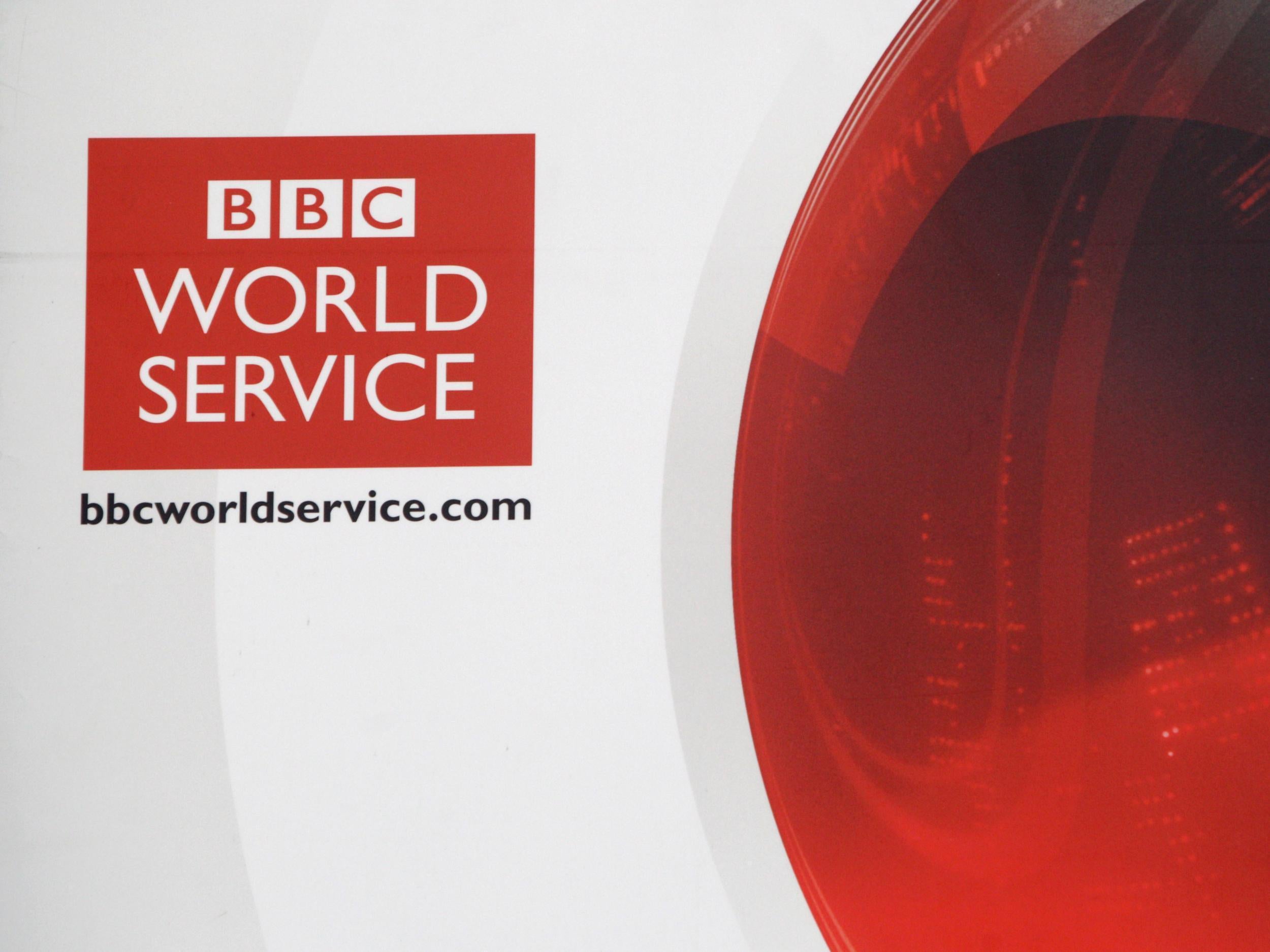Hong Kong to replace 24-hour BBC World Service broadcast with Chinese state programming
Move intended to 'enhance cultural exchange' between mainland and city state

Your support helps us to tell the story
From reproductive rights to climate change to Big Tech, The Independent is on the ground when the story is developing. Whether it's investigating the financials of Elon Musk's pro-Trump PAC or producing our latest documentary, 'The A Word', which shines a light on the American women fighting for reproductive rights, we know how important it is to parse out the facts from the messaging.
At such a critical moment in US history, we need reporters on the ground. Your donation allows us to keep sending journalists to speak to both sides of the story.
The Independent is trusted by Americans across the entire political spectrum. And unlike many other quality news outlets, we choose not to lock Americans out of our reporting and analysis with paywalls. We believe quality journalism should be available to everyone, paid for by those who can afford it.
Your support makes all the difference.Hong Kong’s public broadcasting service is set to halt its 24-hour BBC World Service broadcast and replace it with Chinese state programming.
The move was intended to “enhance the cultural exchange between the mainland and Hong Kong,” a spokesperson for the broadcaster said.
From 4 September, Radio Television Hong Kong (RTHK) will instead transmit the state-run China National Radio Hong Kong Edition, which features programmes including news in Mandarin.
The broadcaster, which is run as a government department, said it was making the change because its Digital Audio Broadcasting (DAB) service was ending next month.
The government decided in March to halt all digital channels in the city state, saying the fast development of the internet had replaced traditional services.
Eight hours of BBC World Service will still be played live for eight hours overnight on Radio 4, from 11pm to 7am on a daily basis, RTHK said.
Hong Kong, a former British colony, became a special administrative region of China in 1997. It has reportedly run a continuous relay of the World Service since 1978.
The city state is governed under the “one country, two systems” principle, which allows it a high level of autonomy.
Yet Beijing can veto changes to the government system, which pro-democracy campaigners claim has hampered progress towards wider suffrage.
Although Hong Kong has a diverse media and freedom of the press is enshrined in the territory's constitution, there are growing concerns about Beijing's influence.
The Committee to Protect Journalists (CPJ) has said more than half of Hong Kong's media owners have roles in Chinese politics, meaning they are reluctant to upset Beijing.
Mass protests against Chinese control of Hong Kong have been held nearly every year since the territory returned to China in 1997.
On the 20th aniversary of Chinese control in July this year, some 60,000 protesters marched through the streets.
A string of political scandals, including the abduction of a group of booksellers, had revived concerns that China was preparing to tighten its grip on the former colony.
A BBC spokesperson said: We’re always disappointed when a service our listeners are used to changes, and always thinking about the best ways to reach audiences.
"BBC World Service will still be available on RTHK FM Radio 4 overnight, and available online 24 hrs a day for listeners in Hong Kong."
Head of corporate communications for RTHK Amen Ng said in a statement: “This channel is tailor made for RTHK when we first introduced DAB, and it can enhance the cultural exchange between the mainland and Hong Kong.”
Join our commenting forum
Join thought-provoking conversations, follow other Independent readers and see their replies
Comments